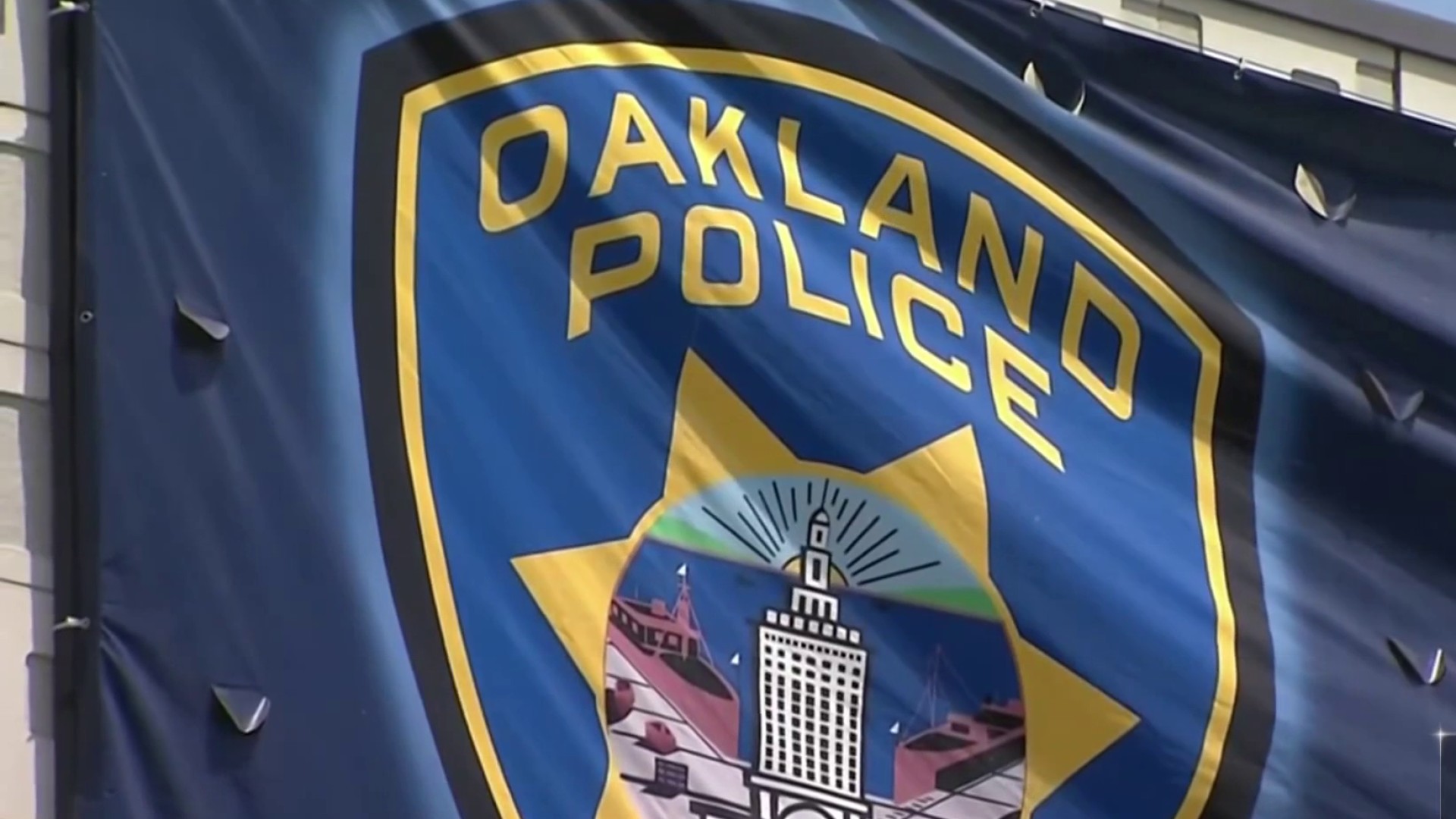For fans and officials alike, the U.S. Anti-Doping Agency’s dossier on cyclist Lance Armstrong was dispiriting. It detailed how one of the greatest stars in cycling history had used banned drugs for years and systematically lied to cover it up.
The agency's evidence file became public Oct. 10 and didn't contain much that was new to Armstrong's fans or detractors. The exception was one disturbing narrative – the tragic personal story of a lanky Utah native specializing in solo races against the clock.
Before the files became public, claims that Armstrong’s blood tests exhibited unusual chemistry, consistent with possible doping, had been reported elsewhere, including by California Watch. Former teammates Tyler Hamilton and Floyd Landis had gone on national television to describe how they used banned drugs with Armstrong.
But there hadn’t even been advance rumors about what might be contained in an anti-doping agency statement from David Zabriskie, known mostly for a sardonic wit he shared with teammates on the U.S. Postal Service team and at his current job riding for the Garmin-Sharp-Barracuda team.
In telling his story, Zabriskie added pathos to what had been widely considered a no-harm, no-foul doping scandal – and rebutted the view, embraced by some of Armstrong’s supporters, that drugs in cycling hadn’t truly hurt anyone after all.
As he told investigators, Zabriskie turned to cycling as a teen in Utah to escape the stresses of living with his drug-addict father. The youth vowed to live and compete drug-free. But after joining the USPS team, he was persuaded to use banned drugs.
In remarks after the Armstrong report was released, International Cycling Union chief Pat McQuaid, who had spent the previous months questioning the anti-doping agency's motives for even investigating Armstrong, singled out Zabriskie’s account, saying it “sickened” him.
Local
“David Zabriskie, the story he told of how he was coerced and forced into doping was just mind-boggling,” McQuaid said.
In his affidavit, Zabriskie said he joined a cycling club at 15. At 16, he was state champion in his age group.
“Cycling became a refuge for me,” he said. “Long, hard training rides were cathartic and provided an escape from the difficult home life associated with a parent with an addiction. ...
“Seeing what happened to my father from his substance abuse, I vowed never to take drugs. I viewed cycling as a healthy and wholesome outlet that would keep me far away from following my father’s footsteps.”
After racing in Europe as an amateur, Zabriskie signed with the USPS team in 2000. At a team training camp in Spain, his workouts were observed by two sports doctors, Luis Garcia del Moral and Michele Ferrari. Both were later banned for doping offenses in the Armstrong affair.
Zabriskie said he learned that some teammates were receiving intravenous injections of a substance called “recovery.” The team doctors said the substance contained only vitamins. At first, Zabriskie refused the injections. But he raced so poorly in 2001 that he feared losing his job.
After that, he began getting injections as well.
By 2002, Zabriskie said he knew that many riders in pro cycling were using the blood-doping drug EPO to boost performance. He liked to joke about it.
Once, on a team bus ride, he said he sang a parody of Jimi Hendrix’s rock hit “Purple Haze.” Zabriskie’s lyrics included the line, “EPO all in my veins – lately things just don’t seem the same.”
Team manager Johan Bruyneel thought it was funny, Zabriskie said. Bruyneel also faces a ban for doping offenses in connection with the Armstrong investigation.
In 2003, after he finished fifth in France’s Four Days of Dunkirk race, Zabriskie said he and another rider, Michael Barry, were invited to meet Bruyneel and Moral at a café in Girona, Spain, where the USPS then was headquartered.
Bruyneel had brought EPO. At first, Zabriskie said he refused the drug, saying he feared EPO would harm his health and make it impossible for him to father children.
Bruyneel replied there was no danger, saying, “Everyone is doing it.” The four cyclists who finished ahead of him at Dunkirk all were using EPO, the manager claimed.
“I felt cornered,” Zabriskie wrote. “I had pursued cycling to escape a home life torn apart by drugs, and now I was faced with this.”
Back at Barry’s apartment, Moral injected Zabriskie and Barry with EPO and gave the cyclists dermal patches containing steroids, according to Zabriskie’s account.
Later, at his own apartment, Zabriskie said he had a breakdown. “I called home, crying,” he said. “I had pursued cycling as an escape from drugs, and here I was, having succumbed to the pressure.”
Soon after that, Zabriskie’s career was interrupted by a serious bicycle crash. When he resumed racing, he used EPO supplied by the new team doctor, Pedro Celaya. Celaya also has been banned for doping offenses.
In 2005, Zabriskie left the USPS team for a Danish cycling team, Team CSC. In the 2005 Tour de France, Zabriskie won the stage 1 time trial, beating Armstrong. But he was forced to abandon the race after another crash.
That year, U.S. cycling star Landis persuaded Zabriskie to use human growth hormone, saying it would help heal a leg injury he had suffered in the crash.
Landis supplied Zabriskie with EPO and growth hormone. Zabriskie said he stopped using drugs in 2006.
In 2010, Landis confessed his use of banned drugs and implicated Armstrong in doping. Zabriskie said he phoned Bruyneel. Bruyneel said not to lose sleep over Landis, Zabriskie said.
Later that year, at a race in New Mexico, Zabriskie said he met Armstrong. Armstrong said he had listened in on Zabriskie’s call to Bruyneel.
Armstrong “told me he had things under control,” Zabriskie said.
After that, Zabriskie testified in the federal criminal probe of Armstrong, which was abandoned earlier this year with no charges filed. He also gave his affidavit to the anti-doping agency. Zabriskie has been suspended from cycling for six months, and all his racing results from 2003 to 2006 have been expunged.
Critics long have regarded the International Cycling Union's McQuaid as an apologist for doping in cycling and an Armstrong protector. Over the years, he has made skeptical remarks about some of the cyclists who implicated Armstrong in doping. At one point earlier this year, McQuaid suggested the U.S. Anti-Doping Agency had no jurisdiction over offenses committed by American cyclists.
But after the agency made the Armstrong evidence public, McQuaid declared that Armstrong had “no place in cycling” and agreed to strip the star of his seven Tour de France victories. He said he was persuaded, in part, by Zabriskie’s affidavit.
“I found it hard to accept,” McQuaid said of the doping described by Zabriskie. “It was difficult, but I do accept that it did go on.”
View this story on California Watch
This story was produced by California Watch, a part of the nonprofit Center for Investigative Reporting. Learn more at www.californiawatch.org.



